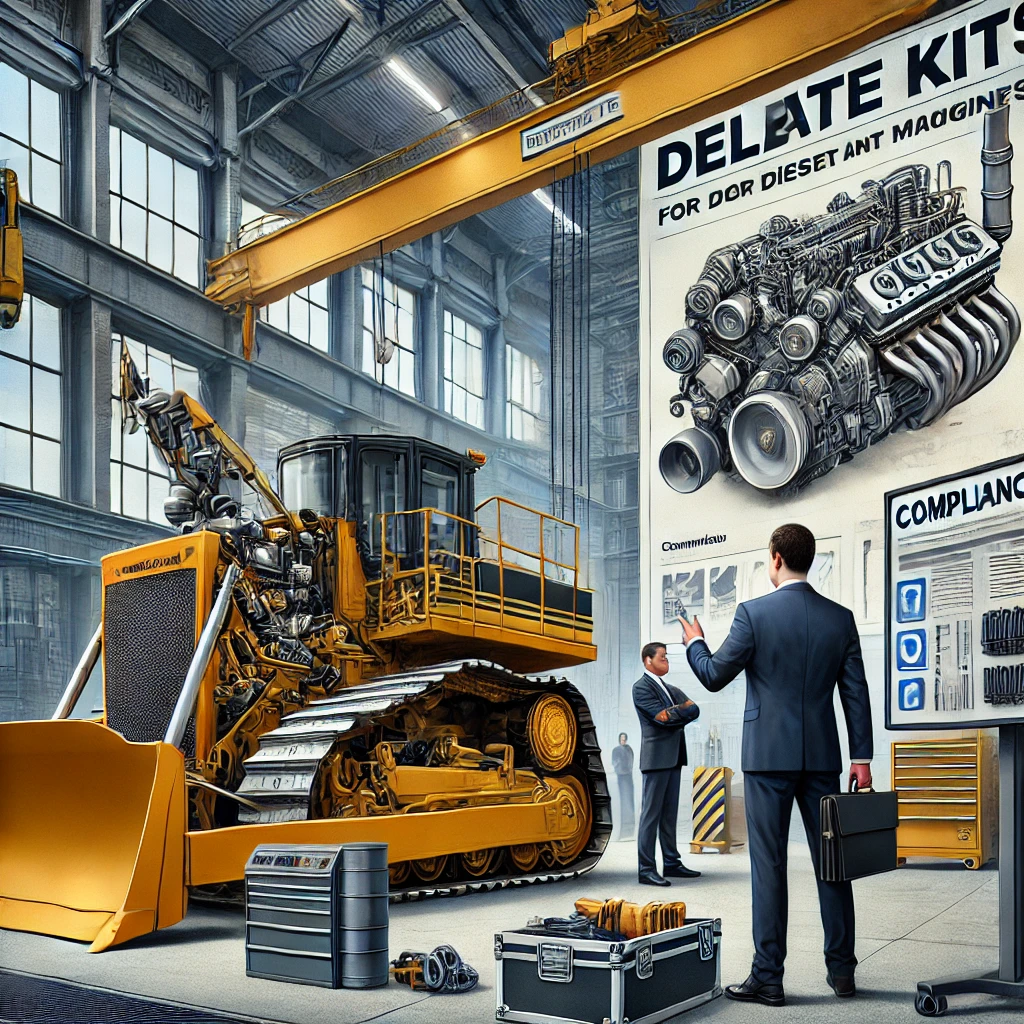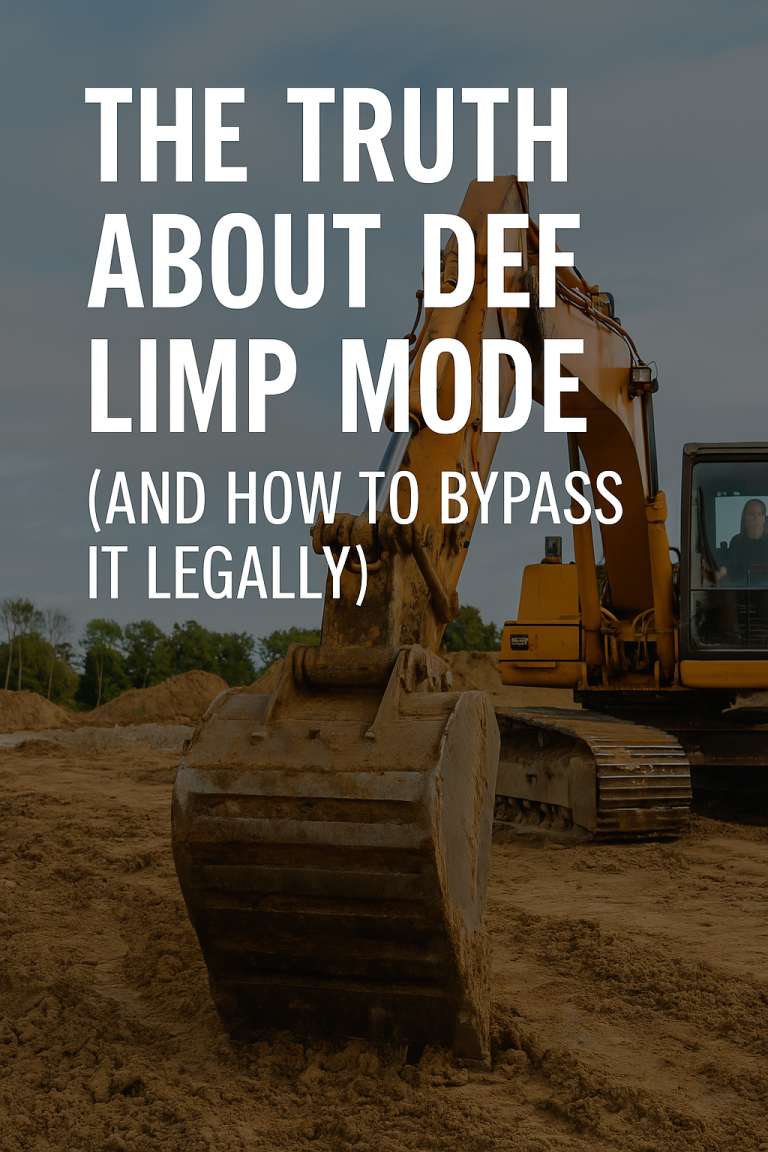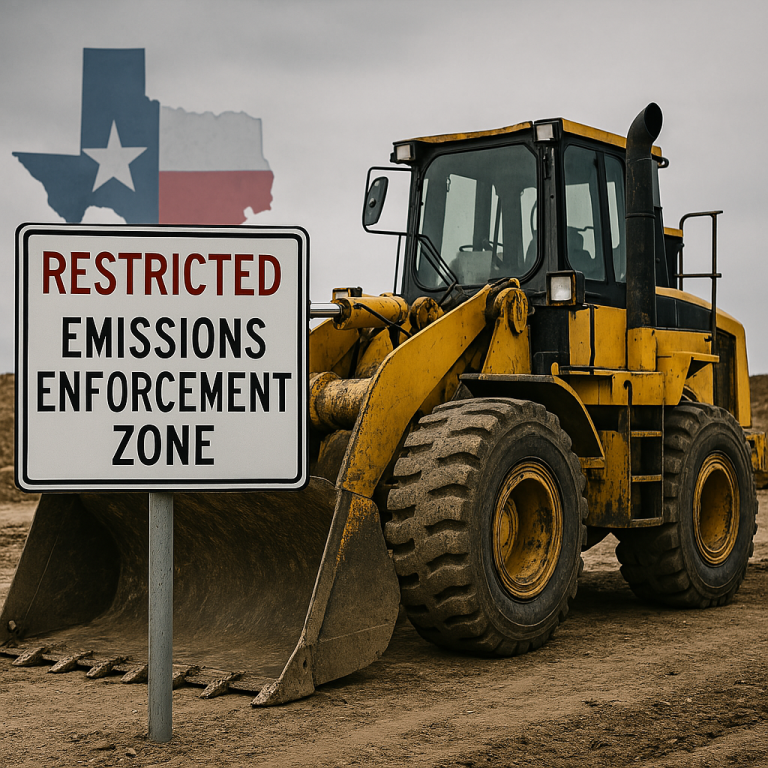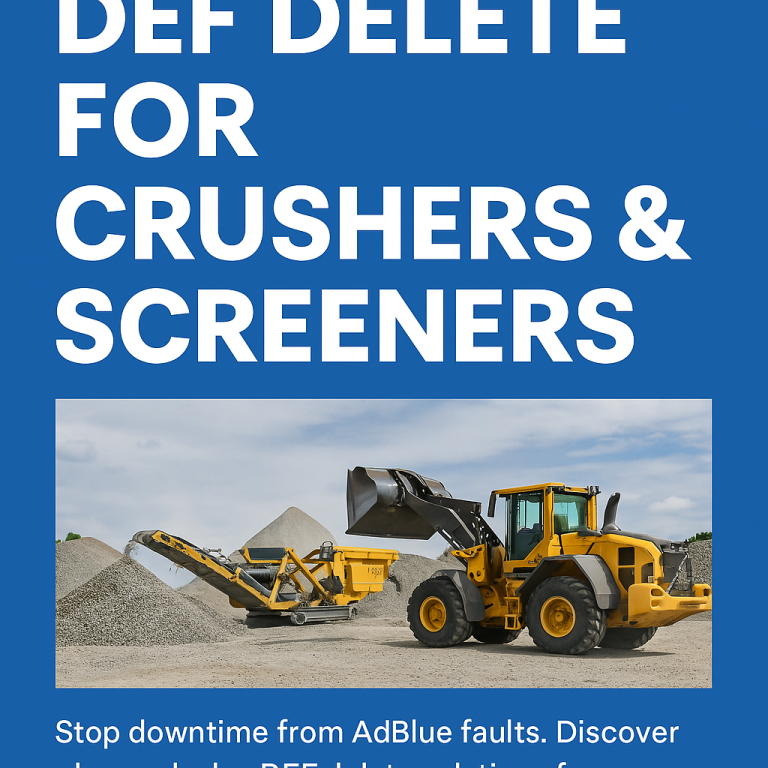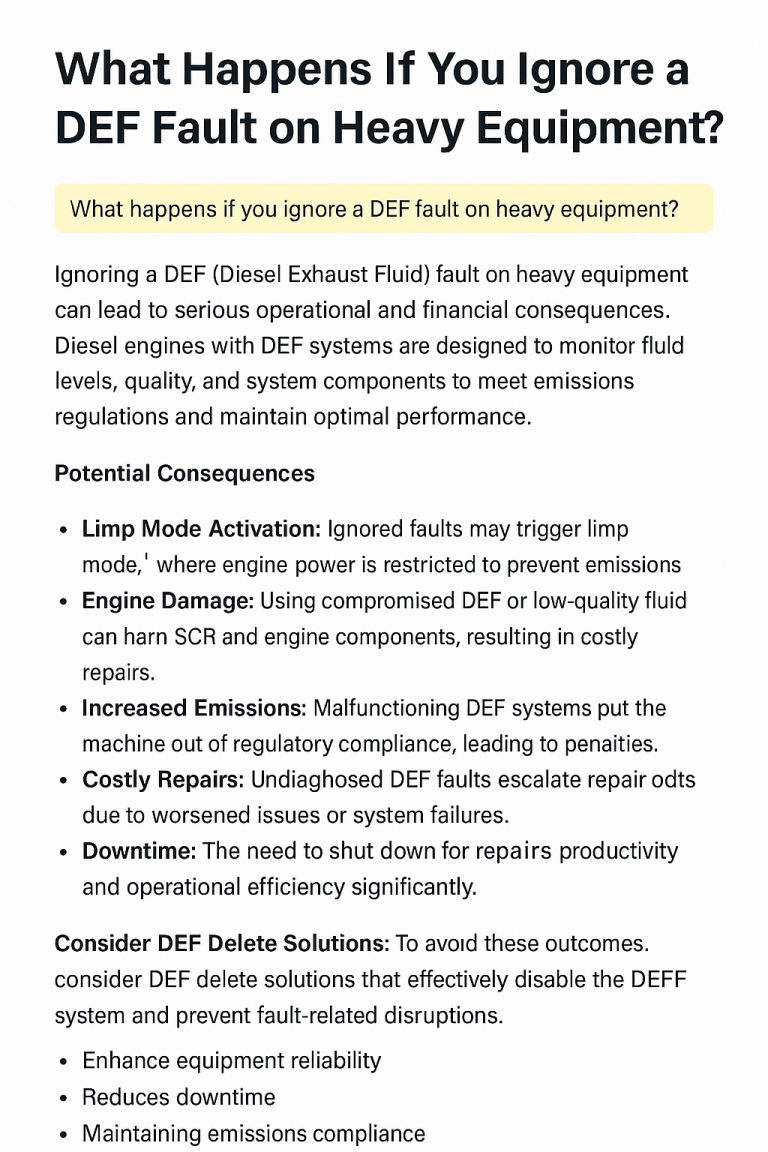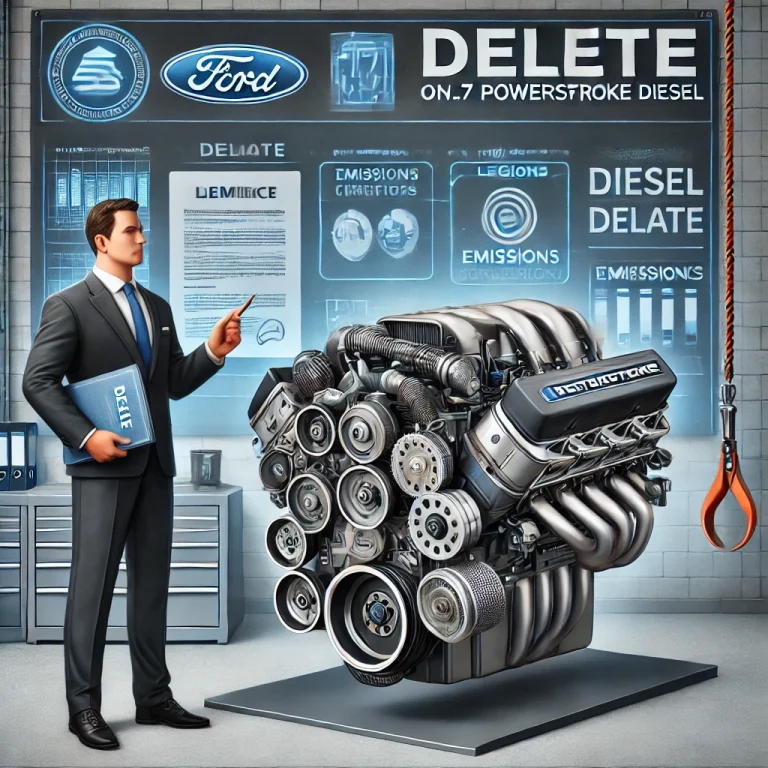The Legal Aspects of Delete Kits for Diesel Engines on Plant Machinery: A Comprehensive Guide
Delete kits for diesel engines have become a controversial topic in the heavy equipment and plant machinery industries. While these kits promise increased performance and fuel efficiency, they also raise significant legal and environmental concerns.
Understanding the legal landscape surrounding delete kits is crucial for businesses and individuals operating heavy machinery, as non-compliance can result in severe penalties.
⚠️ If you’re looking to bypass DEF system issues legally for off-road machinery, explore our DEF Delete solution for compliant equipment setups in the USA and Canada.
What Are Delete Kits For Diesel Engines?
Delete kits for Diesel Engines are aftermarket modifications designed to remove or bypass emission control systems in diesel engines. These systems typically include:
- Diesel Particulate Filters (DPF)
- Exhaust Gas Recirculation (EGR) systems
- Selective Catalytic Reduction (SCR) systems
- Diesel Oxidation Catalysts (DOC)
Manufacturers install these components to comply with emissions regulations. However, some equipment operators seek to remove or disable them to:
- Reduce maintenance costs
- Improve fuel efficiency
- Boost engine performance
Regulatory Framework for Delete Kits
Laws governing emissions and delete kits vary by country and region, but most developed nations strictly prohibit tampering with emissions systems.
United States: EPA Regulations
In the U.S., the Environmental Protection Agency (EPA) enforces emissions standards under the Clean Air Act (CAA):
- ❌ Illegal Tampering: The EPA prohibits removing emissions control devices
- 💰 Severe Penalties: Fines can reach tens of thousands of dollars per violation
- 🔍 Enforcement Actions: The EPA targets both sellers and users of delete kits
✅ Our DEF delete emulators are hardware-based, designed only for off-road, non-road-use construction machinery, helping you stay within legal limits.
Canada: Environmental Compliance
Canada enforces similar laws under the Canadian Environmental Protection Act (CEPA). Key points:
- Bans on defeat devices and delete kits
- Provincial-level fines (e.g., Ontario, BC, Quebec)
- Additional enforcement depending on equipment use
European Union: Euro Standards
The EU Euro IV–VI standards tightly regulate diesel emissions. Delete kits violate compliance in the following ways:
- ❌ Deleting systems renders machinery non-compliant
- 🔍 Regular inspections increase detection risk
- 💸 Penalties can include equipment seizure and fines
United Kingdom: DEFRA & DVSA
In the UK:
- DEFRA and DVSA enforce emissions laws
- ❌ Diesel modifications that increase pollution are illegal
- 🔎 Roadside checks are becoming more frequent
Legal Risks of Using Delete Kits for Diesel Engines
Using delete kits on plant machinery can expose operators and businesses to serious consequences:
- 💸 Fines & Penalties – Often tens of thousands per violation
- 📉 Loss of Compliance Certification – Affects job site eligibility and insurability
- 🌍 Liability for Environmental Damage – Especially in urban or protected areas
- 🚫 Voided Warranties – Manufacturers void coverage on tampered equipment
- ⚖️ Criminal Charges – In severe cases, illegal deletions can lead to prosecution
Enforcement Actions and Notable Cases
Authorities worldwide are cracking down on emissions violations. Examples:
- EPA Crackdown on Diesel Tuners – Millions in fines across the U.S.
- UK DVSA Roadside Checks – Fines, impoundments for non-compliant machinery
- EU Customs Seizures – Delete kits intercepted at borders
These actions underscore the growing risks of non-compliance.
Alternatives to Delete Kits for Diesel Engines: Legal Performance Enhancements
Looking to improve equipment performance legally? Consider:
✅ Regular Maintenance – Keeps DPF, DEF, and SCR systems clean
✅ OEM-Approved Software Updates – Better tuning without breaking the law
✅ High-Quality Fuel & Additives – Reduces carbon buildup, boosts efficiency
✅ Emissions-Compliant Tuning – Approved methods to enhance engine response
🛠️ Our DEF Delete service provides a hardware-based, legal solution for construction equipment — no software tampering, no warning codes, and zero downtime.
Wondering whether to use an emulator or remap? See our guide comparing the advantages of DEF emulators vs remaps.
Best Practices for Compliance
Stay compliant and avoid fines with these practices:
- 📚 Stay Informed – Monitor emissions laws in your region
- 🔍 Routine Emissions Testing – Catch compliance issues early
- 🛑 Avoid Unapproved Mods – Only use certified parts and providers
- 👨🔧 Train Staff – Ensure operators understand emissions rules
- ✅ Use Certified Mechanics – Always choose compliance-first service providers
Conclusion
While delete kits for Diesel Engines may seem like a shortcut to better fuel efficiency or lower maintenance costs, the legal risks and enforcement crackdowns make them a dangerous choice.
For companies operating heavy machinery, staying compliant is the safest and smartest path forward. Use legal performance upgrades, invest in maintenance, and work with trusted providers.
✅ Looking to remove DEF-related errors on off-road machinery without risking compliance? Explore our DEF Delete solution — a plug-and-play, legal hardware emulator for heavy equipment.

